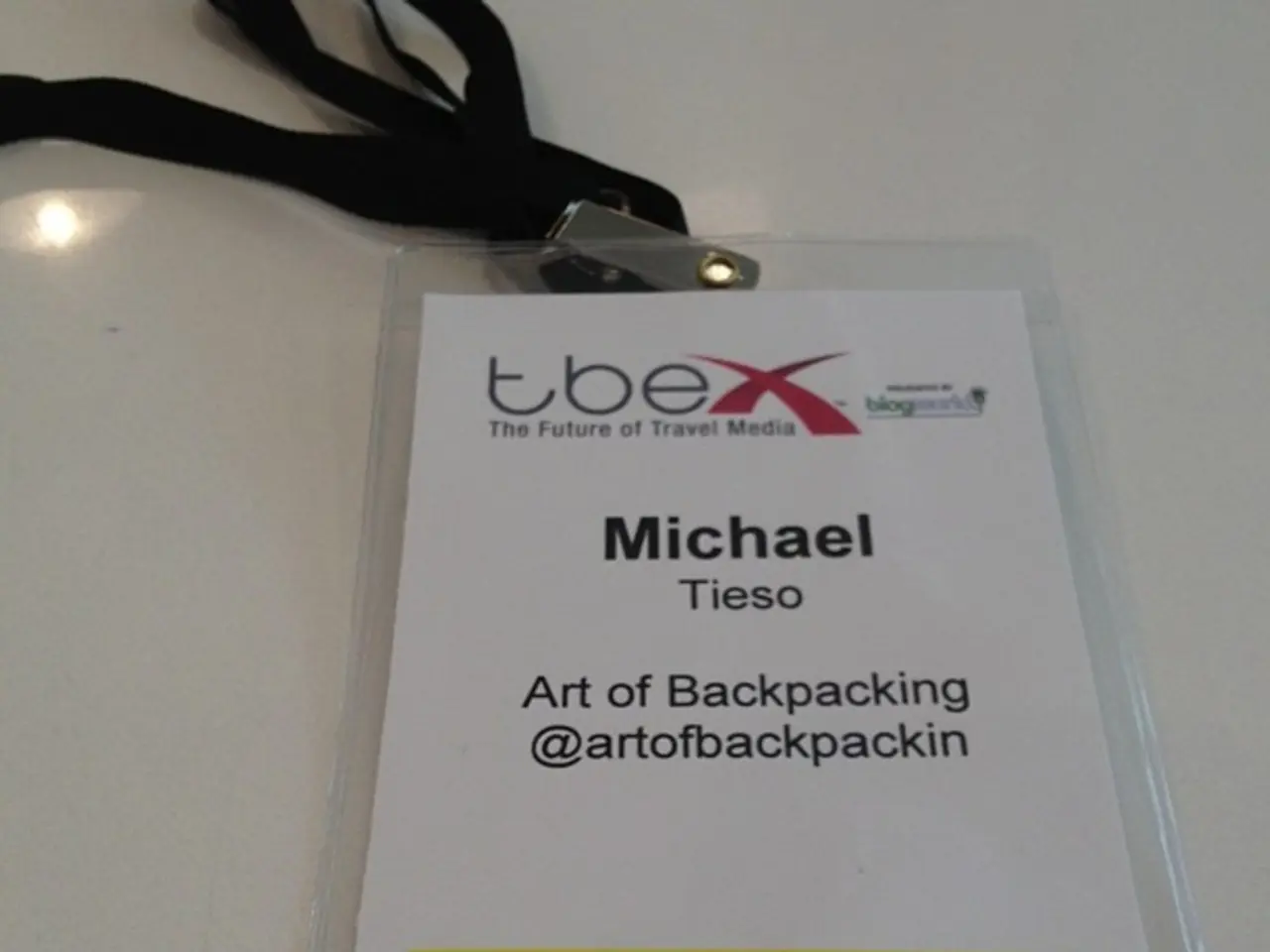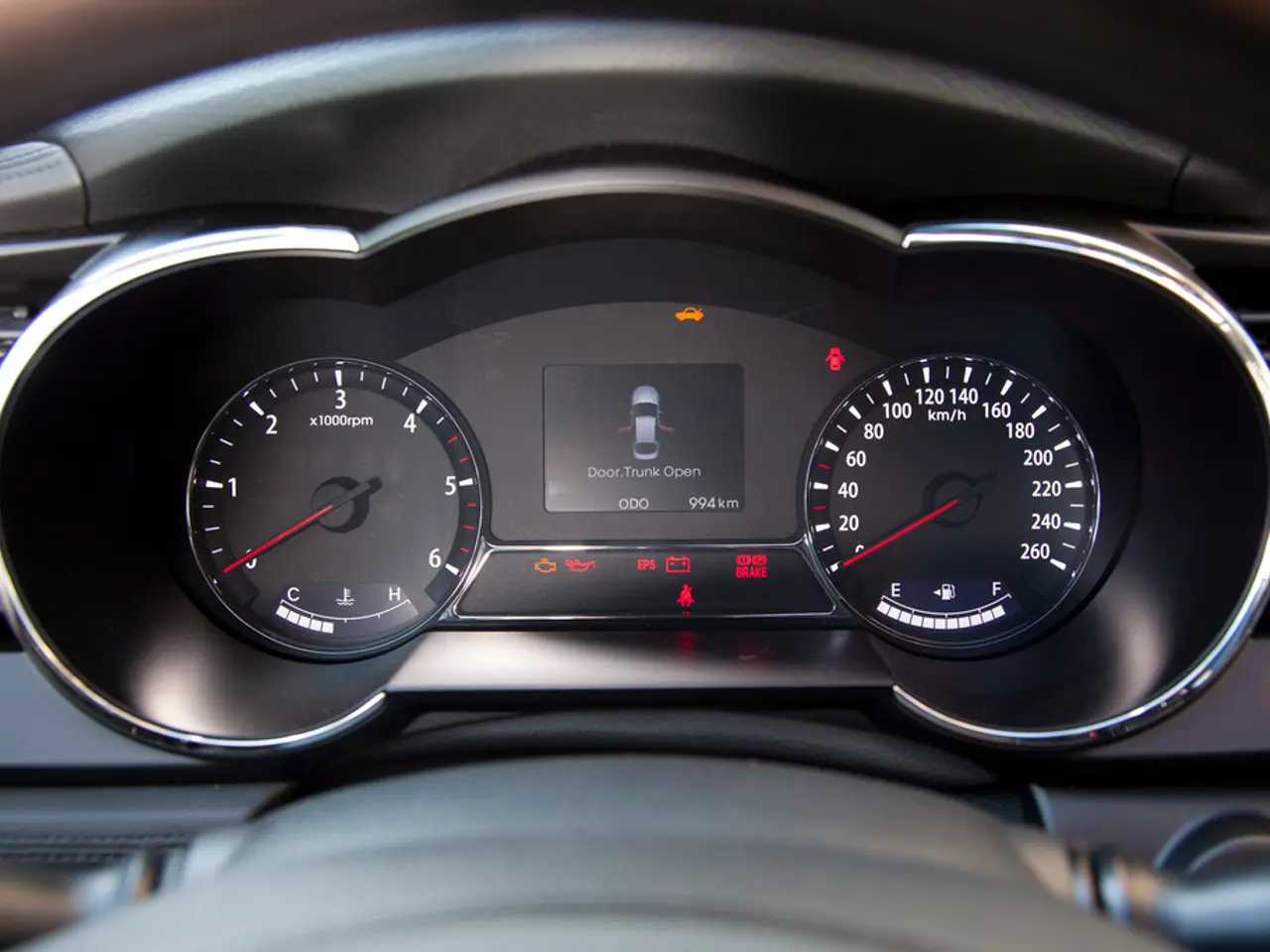Guide to Qualified Digital Archiving: Essentials for Effective Electronic Record Keeping
The European Union's eIDAS 2.0 regulation, which came into effect in May 2024, has introduced a new standard for digital archiving management: Qualified e-Archiving. This advancement aims to strengthen trust in digital services and encourage greater adoption of digital solutions across the public and private sectors.
Qualified e-Archiving is an enhanced version of the existing legal archiving, designed to provide a harmonized regulatory framework across the European Union for the long-term protection of electronic documents. Unlike compliant archiving, which is specific to certain member states, Qualified e-Archiving focuses on facilitating interoperability among EU countries.
Under Qualified e-Archiving, digital trust services must comply with enhanced security and certification standards. These include Common Criteria at least EAL4+AVAVAN.5 level to resist attacks, ensuring the highest levels of security for digital identity and trust services.
One critical aspect of Qualified e-Archiving is the use of trusted timestamping certificates, which are essential for maintaining document integrity during long-term archiving. DigiCert has announced changes to these timestamping certificates, set to take effect in February 2025, reflecting the ongoing evolution of the trusted timestamping infrastructure critical to e-archiving trust.
While the specific technical and procedural requirements, as well as the full Qualified e-Archiving implementation timeline, are yet to be fully outlined, the overall regulatory ecosystem is advancing rapidly. Interoperability and cryptographic protections are being developed, with some standards work ongoing, such as verifiable issuer and verifier lists in digital identity wallets.
Stakeholder cooperation and integration platforms, like eDelivery in Health Data Spaces, demonstrate how infrastructure layers supporting data archiving and exchange are evolving alongside eIDAS 2.0.
In Italy, providers of preservation services, including Intesa, a Qualified Preservation Provider recognized by AgID, are preparing to meet the necessary technical and compliance requirements to obtain certification for Qualified e-Archiving. As a qualified trust service provider, Intesa is in a favourable position to integrate Qualified e-Archiving into its offerings due to its existing infrastructure and experience.
The introduction of Qualified e-Archiving represents a significant challenge but also a great opportunity for providers like Intesa to strengthen their position in the European trust services market. By simplifying regulatory compliance and improving interoperability between EU member states, Qualified e-Archiving is set to have a significant impact on the preservation services market, increasing competition among EU providers and offering opportunities for trust service providers to innovate and offer new services.
In summary, eIDAS 2.0's Qualified e-Archiving requirements focus on ensuring long-term integrity and legal validity of archived electronic documents through advanced digital trust services. Organizations aiming for compliance should monitor relevant EU implementing acts and the Trusted List updates for Qualified Trust Service Providers, which will specify the exact technical, security, and operational requirements and deadlines for Qualified e-Archiving under eIDAS 2.0.
- The implementation of Qualified e-Archiving, a European Union regulation, is expected to encourage more adoption of digital solutions not only in the public sector but also in the private sector, particularly in industries like finance and technology, where secure and reliable digital archiving are essential.
- With Qualified e-Archiving, trust service providers such as Intesa, which already have the necessary infrastructure and experience, are well-positioned to offer new services and strengthen their positions in the European trust services market, including finance and technology sectors.




